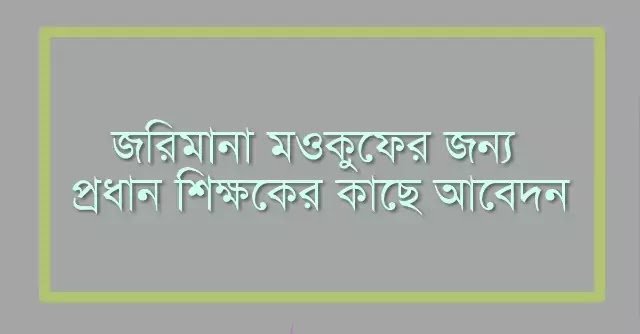In the highly competitive job market of today, it's essential to make a lasting first impression when applying for a job in Europe. One of the key tools at your disposal is the European Standard CV and a well-crafted cover letter. These documents play a crucial role in showcasing your qualifications, skills, and personality to potential employers. In this blog post, we will explore the components of the European Standard CV and cover letter, and provide valuable tips on how to create them effectively.
Understanding the European Standard CV
The European Standard CV, often referred to as Europass CV, is a standardized format recognized and accepted throughout Europe. It provides a uniform structure that allows employers to easily evaluate candidates based on key information. Here are the essential components of a European Standard CV:
Personal Information:
Name, address, phone number, and email address.
Objective:
A brief statement outlining your career goals and what you hope to achieve in the position you're applying for.
Work Experience:
A chronological list of your previous jobs, including the name of the employer, your job title, the dates you worked there, and a brief description of your responsibilities and achievements.
Education:
Details about your academic qualifications, including the name of the institution, degree obtained, graduation date, and relevant coursework or honors.
Skills:
A section where you can highlight your language skills, computer skills, and other relevant competencies.
Personal Interests:
Briefly mention hobbies or interests that reflect your personality and might be of interest to potential employers.
References:
Provide the contact information of individuals who can vouch for your qualifications and character.
Crafting an Effective European Standard CV
When creating your Europass CV, keep these tips in mind:
Keep it Concise:
Stick to the most relevant information and avoid unnecessary details. Your CV should be no longer than two pages.
Tailor Your CV:
Customize your CV for each job application by emphasizing the skills and experience that are most relevant to the specific position.
Use Action Verbs:
Start each bullet point in your work experience section with action verbs to convey your accomplishments effectively.
Highlight Achievements:
Focus on quantifiable achievements and how you added value in your previous roles.
Understanding the Cover Letter
A cover letter complements your European Standard CV by allowing you to personalize your application and express your motivation for the role. Here are the key elements of an effective cover letter:
Contact Information:
Similar to your CV, include your contact information at the top of the cover letter.
Salutation:
Address the letter to the hiring manager or the specific individual responsible for the hiring process.
Introduction:
Briefly introduce yourself and mention the job you're applying for.
Body Paragraphs:
Highlight your qualifications, relevant experience, and how your skills align with the job requirements.
Motivation:
Express your enthusiasm for the position and the company. Explain why you want to work for them and how you can contribute.
Closing Paragraph:
Thank the employer for considering your application and express your eagerness to discuss your qualifications further.
Signature:
Sign the cover letter and provide your typed name below.
Crafting an Effective Cover Letter
To create an effective cover letter:
Personalize Each Letter:
Customize your cover letter for each job application. Mention the company's name and address the specific job requirements.
Be Professional:
Keep the tone professional and free from errors. Proofread your cover letter carefully.
Showcase Your Personality:
While maintaining professionalism, let your personality shine through. Employers appreciate candidates with a genuine and engaging approach.
Conclusion
In the European job market, a well-structured European Standard CV and a carefully crafted cover letter can make all the difference in landing your dream job. By following the guidelines and tips outlined in this blog post, you'll be well on your way to impressing potential employers with your qualifications and your commitment to their company. Good luck with your job search!





